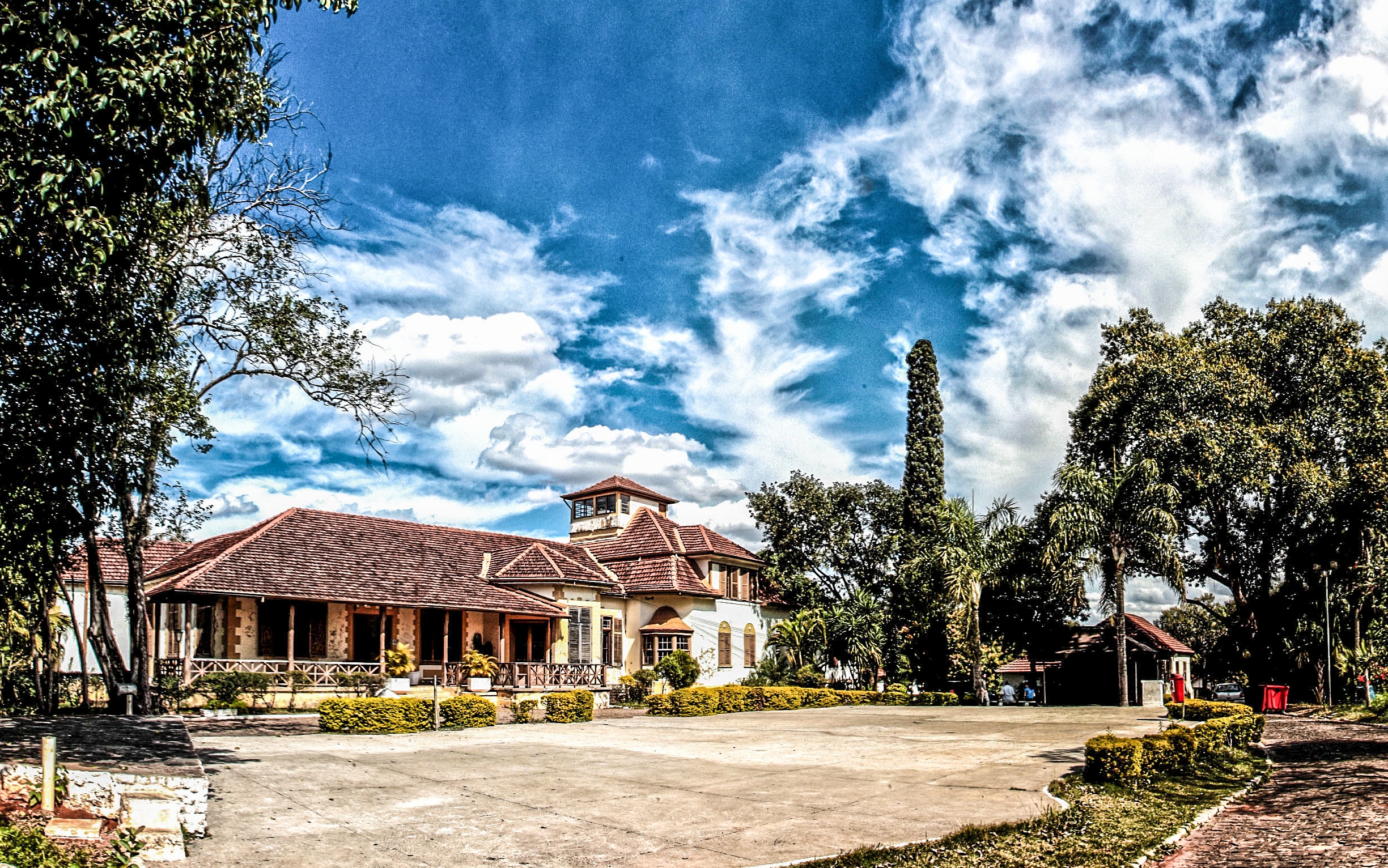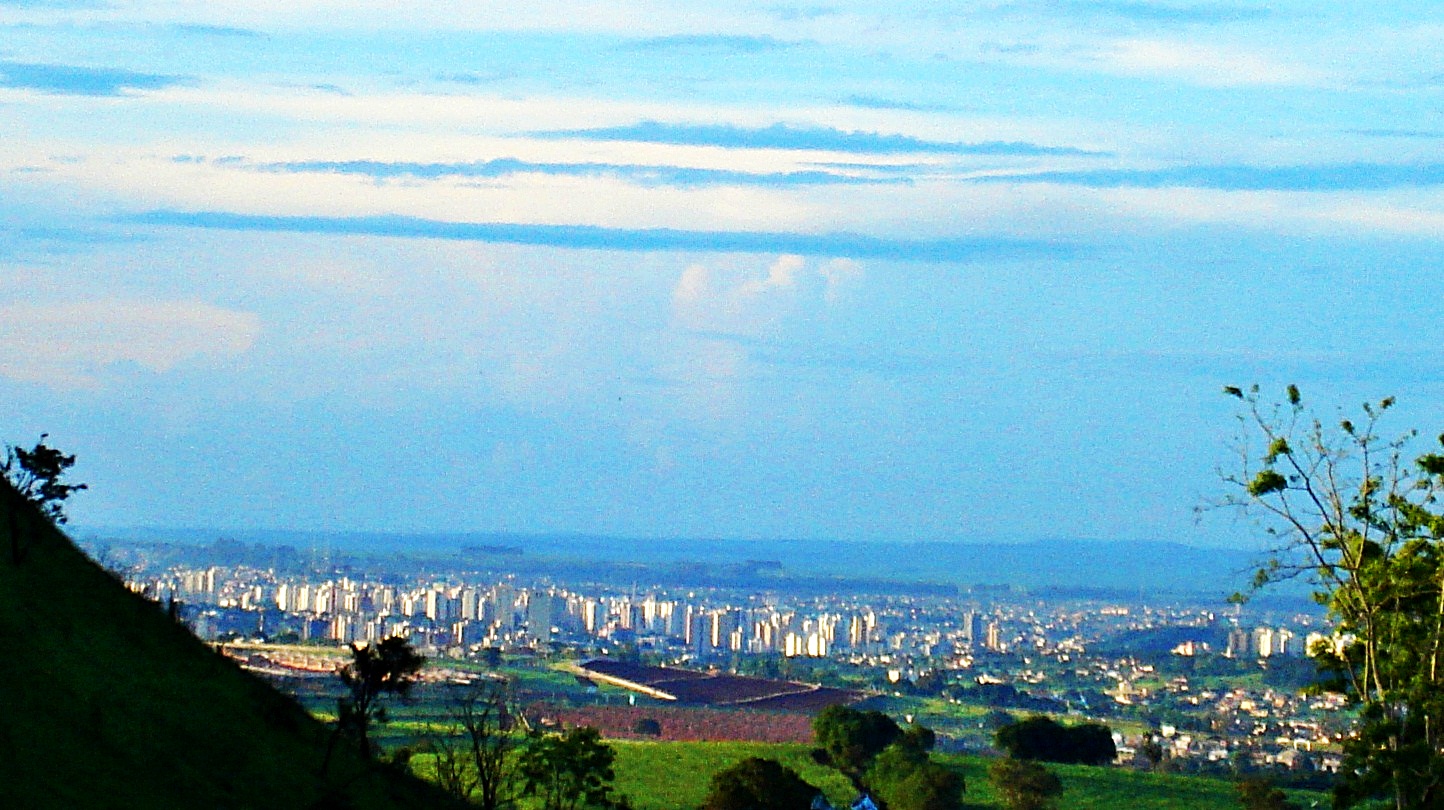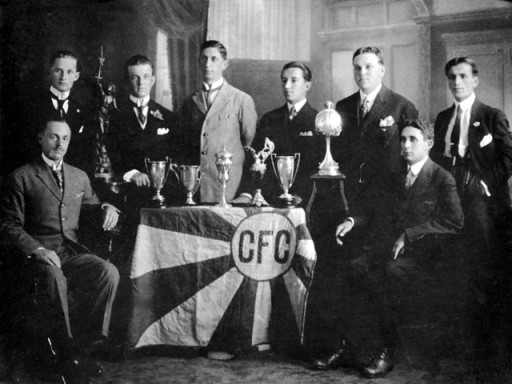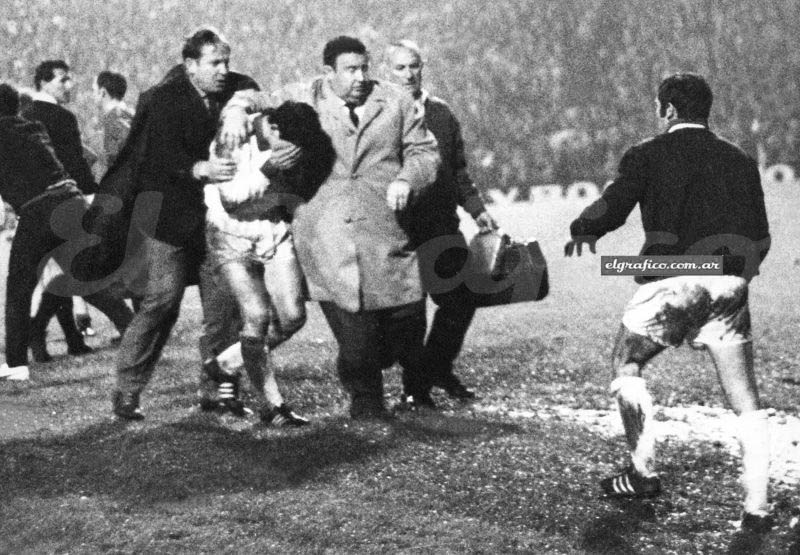|
Macedo (footballer)
Natanael dos Santos Macedo, known as Macedo (16 December 1969) is a Brazilian former professional footballer. Career At the age of 12, Macedo started in the youth levels of Rio Branco Esporte Clube. He turned professional in 1990. That year, he shared the topscorer of the second level of São Paulo league with 14 goals. In January 1991, he had the pass bought by São Paulo, in a negotiation that totaled 550.000 dollars. Macedo arrived in São Paulo FC at the age of 20, in 1990. He stood out in the club, having even been champion of the Copa Libertadores and the Intercontinental Cup. In the second game of the 1992 Copa Libertadores Final, against Newell's Old Boys, he entered the second half and suffered a penalty which was converted by Raí. The 1-0 result took the decision to penalties kicks, and São Paulo won the title. One day, he arrived at São Paulo training with hair extensions, Rastafarian style. The manager Telê Santana didn't like the look at all and made the ... [...More Info...] [...Related Items...] OR: [Wikipedia] [Google] [Baidu] |
Americana, São Paulo
Americana () is a municipality (''município'') located in the Brazilian States of Brazil, state of São Paulo (state), São Paulo. It is part of the Metropolitan Region of Campinas. The population is 237,240 (2022 Census) in an area of . The original settlement developed around the local railway station, founded in 1875, and the development of a cotton weaving factory in a nearby farm. After 1866, thousands of former Confederate States of America, Confederate soldiers and sympathizers from the American Civil War settled in the region. Following the Civil War, slavery was abolished in the United States. In Brazil, however, Slavery in Brazil, slavery was legal until 1888, making it a particularly attractive location to the defeated Confederates, among whom was a former member of the Alabama State Senate, William Hutchinson Norris. Around three hundred of the ''Confederados'' are members of the ''Fraternidade Descendência Americana'' (Fraternity of American Descendants). They meet ... [...More Info...] [...Related Items...] OR: [Wikipedia] [Google] [Baidu] |
Operário Futebol Clube (MS)
Operário Futebol Clube, commonly referred to as Operário de Campo Grande, Operário-MS or simply Operário is a Brazilian professional club based in Campo Grande, Mato Grosso do Sul founded on 21 August 1938. It competes in the Campeonato Sul-Mato-Grossense, the top flight of the Mato Grosso do Sul State football leagues in Brazil, state football league, and the Campeonato Brasileiro Série D. Operário is currently ranked third among Mato Grosso do Sul teams in Brazilian Football Confederation, CBF's national club ranking, at 179th place overall. History The club was founded on August 28, 1938, by civil construction workers of Campo Grande. The name Operário means Factory Worker in Portuguese. In 1982 the club won the President's Cup (Korea), President's Cup, played in South Korea. Since November 29, 1999, Operário is an enterprise. Because of this, the team name changed from Operário Futebol Clube to Operário Futebol Clube S/A. S/A means joint-stock company. Currentl ... [...More Info...] [...Related Items...] OR: [Wikipedia] [Google] [Baidu] |
Campeonato Paulista
The Campeonato Paulista Série A1, commonly known as Campeonato Paulista, nicknamed Paulistão, is the top-flight professional state football league in the Brazilian state of São Paulo. Run by the São Paulo State Football Federation (FPF), the league is contested by 16 clubs and typically lasts from January to April. Rivalries amongst four of the best-known Brazilian teams ( Corinthians, Palmeiras, Santos and São Paulo) have marked the history of the competition. The Campeonato Paulista is the oldest established league in Brazil, being held since 1902 and professionally since 1933. Format Campeonato Paulista is held annually by the Federação Paulista de Futebol (São Paulo State Football Federation), or FPF, amongst teams residing within the state of São Paulo. After 2016, 16 clubs compete at the highest championship level (Série A1). In a new format started in 2015, the 16 teams are divided into four groups of four, however, teams of the same group don't play again ... [...More Info...] [...Related Items...] OR: [Wikipedia] [Google] [Baidu] |
Campeonato Paulista Série A3
Campeonato Paulista Série A3 is the third tier of the professional state football league in the Brazilian state of São Paulo. It is run by the São Paulo State Football Federation (FPF). The tournament has been known as Série A3 since the 1993–94 season. Structure The current format of the Paulistão A3 was introduced in 2018, after the number of teams was decreased from 20 to 16. Two teams are promoted to Série A2, and the bottom two teams are relegated to Campeonato Paulista Segunda Divisão. First stage Each of the 16 competitors play each other once in the first stage of the competition, for a total of 15 matches between mid-January and early-April. A win earns three points and a draw earns one point. Teams are ranked by total points, then by total wins and finally by goal difference, number of scored goals, lower number of yellow and red cards taken. If teams are still level, a random draw is made to determine the final order in the standings. The 15th and 16 ... [...More Info...] [...Related Items...] OR: [Wikipedia] [Google] [Baidu] |
Ribeirão Preto
Ribeirão Preto (Portuguese pronunciation: Help:IPA/Portuguese, [ʁibejˈɾɐ̃w ˈpɾetu]) is a city and a metropolitan area located in the northeastern region of São Paulo (state), São Paulo state, Brazil. Ribeirão Preto is the eighth-largest municipality in the State with . It has an estimated population of 720,216 in 2021 and a metropolitan area of 1,178,910. It is located from the São Paulo, city of São Paulo and from Brasília, the federal capital. Its mean altitude is high. The city's average temperature throughout the year is , and the original predominant vegetation is the Atlantic Forest. The city originated around 1856 as an agricultural region. Coffee was a primary income source until 1929 when it lost value when compared with the industrial sector. In the second half of the 20th century, investment in health, biotechnology, bioenergy, and information technology led to the city being declared a Technological Center in 2010. These activities have caused the ... [...More Info...] [...Related Items...] OR: [Wikipedia] [Google] [Baidu] |
Coritiba
Coritiba Foot Ball Club, commonly known as Coritiba and colloquially referred to as heCoxa, is a Brazilian football club from Curitiba, capital city of the Brazilian state of Paraná. Founded in 1909 by German immigrants, it is the oldest football club and the club with most titles in the state. Coritiba's home stadium is the Estádio Couto Pereira, built in 1932, with the capacity of 40,000 fans. Its main rivalry is with Athletico Paranaense, with whom it plays the Atletiba derby, one of the great rivalries in Brazilian football, also competing in the derby Paratiba, which is disputed with Paraná Clube. Coritiba was the first club from Paraná to win the Brazilian Championship in 1985, breaking the hegemony of teams from São Paulo, Rio de Janeiro, Rio Grande do Sul and Minas Gerais that had lasted since the 1960s. It has also won two Brazilian Championship Série B titles, in 2007 and 2010. The club has won the Paraná State Championship 39 times – more than ... [...More Info...] [...Related Items...] OR: [Wikipedia] [Google] [Baidu] |
Telê Santana
Telê Santana da Silva, also known as Telê Santana (July 26, 1931 – April 21, 2006) was a Brazilian football manager and former player (right winger). He was born in Itabirito, Minas Gerais. Telê was the manager responsible for putting together the 1982 and 1986 Brazil national squads. The 1982 squad in particular is remembered as one of the greatest teams in football history not to win the World Cup. It included players such as Zico, Sócrates, Falcão, Júnior and Toninho Cerezo. He was also a highly successful manager of various club teams, including the legendary 1992 and 1993 São Paulo, and was also very influential with Atlético Mineiro and Fluminense. Telê is often mentioned by the Brazilian sports press as being one of the most relevant football managers to ever work in the country. His preferred style of play was very offensive-minded, and he believed in training athletes by using relentless repetition of elementary fundamentals of the game, such as passi ... [...More Info...] [...Related Items...] OR: [Wikipedia] [Google] [Baidu] |
Raí
Raimundo Souza Vieira de Oliveira (born 15 May 1965), popularly known as Raí (), is a Brazilian former professional footballer who played as an attacking midfielder. The younger brother of Sócrates,Where are they now? Rai , 22 June 2008 who played in the same position as him, Raí represented for more than a decade and was part of the country's victorious 1994 World Cup squad. He spent most of his 15-year career with < ... [...More Info...] [...Related Items...] OR: [Wikipedia] [Google] [Baidu] |
Newell's Old Boys
Club Atlético Newell's Old Boys () is an Argentine sports club based in Rosario, Santa Fe. The club was founded on 3 November 1903, and is named after Isaac Newell of the English county of Kent, one of the pioneers of Argentine football. A founding member of Liga Rosarina de Football,Argentina – Provincia de Santa Fe – Rosario on RSSSF.com the club affiliated to the Argentine Football Association (AFA) in 1939. Since then, Newell's Old Boys have taken part in tournaments organised by the body. The club have won six |
1992 Copa Libertadores Final
The 1992 Copa Libertadores final was a two-legged football match-up to determine the 1992 Copa Libertadores champion. The final was contested by Brazilian club São Paulo and Argentine side Newell's Old Boys. The first leg was held in Estadio Gigante de Arroyito (home venue of club Rosario Central) where Newell's beat Sao Paulo 1–0 in front of 35,000 spectators. In the second leg, held in Estádio do Morumbi, Sao Paulo defeated Newell's 1–0. As both teams tied on points and goal difference, a penalty shootout was conducted to decide a champion. Sao Paulo won the series 3–2 on penalties, therefore the Brazilian team won their first Copa Libertadores trophy. Qualified teams * Venues Match details First leg Source ---- Second leg Source References {{Newell's Old Boys matches l l 1992 1992 was designated as International Space Year by the United Nations. Events January * January 1 – Boutros Boutros-Ghali of Egypt replaces Javier P� ... [...More Info...] [...Related Items...] OR: [Wikipedia] [Google] [Baidu] |
Intercontinental Cup (1960–2004)
The Intercontinental Cup, officially the European/South American Cup and known from 1980 as the Toyota Cup for sponsorship reasons, was an international association football, football competition endorsed by UEFA (Europe) and CONMEBOL (South America), contested between representative clubs from these confederations, usually the winners of the UEFA Champions League and the South American Copa Libertadores. It ran from 1960 to 2004, when it was succeeded by the FIFA Club World Cup, although they both ran concurrently in 2000. From its formation in 1960 to 1979, the competition was as a two-legged tie, with a play-off if necessary until 1968, and Penalty kick (association football), penalty kicks later. During the 1970s, European participation in the Intercontinental Cup became a running question due to controversial events in the 1969 Intercontinental Cup, 1969 match, and some European Cup-winning teams withdrew.Risolo, Don (2010)Soccer Stories: Anecdotes, Oddities, Lore, and Ama ... [...More Info...] [...Related Items...] OR: [Wikipedia] [Google] [Baidu] |
Copa Libertadores
The CONMEBOL Libertadores, also known as Copa Libertadores de América (), is an annual continental club football competition organized by CONMEBOL since 1960. It is the highest level of competition in South American club football. The tournament is named after the '' Libertadores'' (Spanish and Portuguese for ''liberators''), the leaders of the Spanish American wars of independence and Brazilian Independence, so a literal translation of its former name into English is "''Liberators of America Cup''". The competition has had several formats over its lifetime. Initially, only the champions of the South American leagues participated. In 1966, the runners-up of the South American leagues began to join. In 1998, Mexican teams were invited to compete and contested regularly from 2000 until 2016. In 2000 the tournament was expanded from 20 to 32 teams. Today at least four clubs per country compete in the tournament, with Argentina and Brazil having the most representatives (six and ... [...More Info...] [...Related Items...] OR: [Wikipedia] [Google] [Baidu] |




